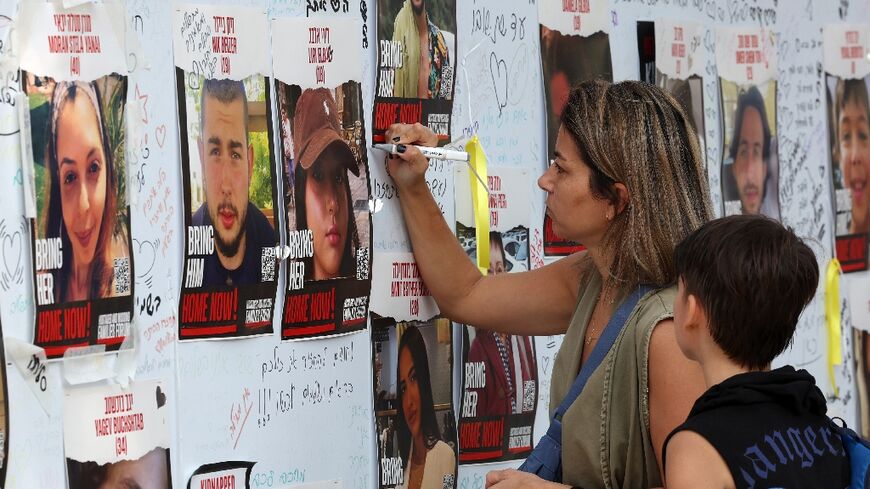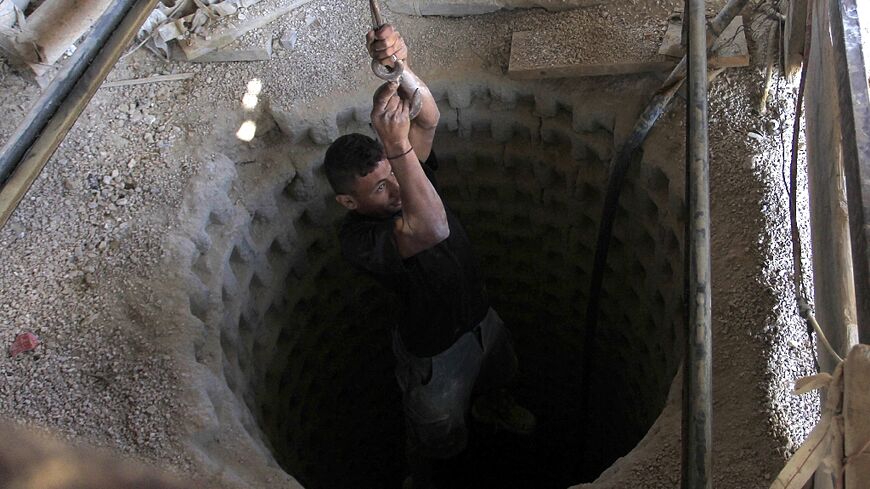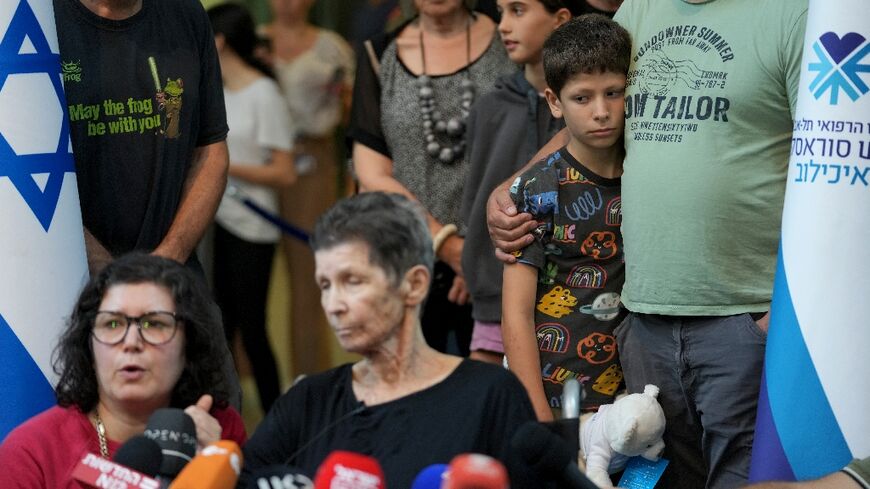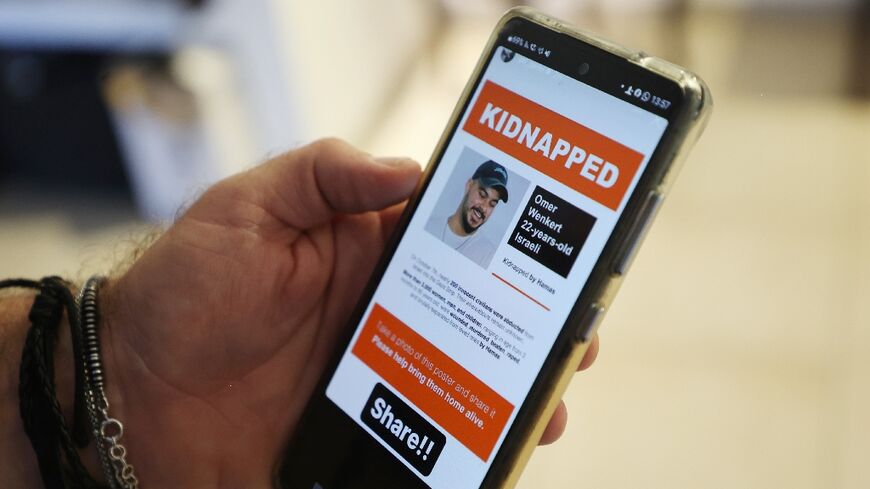As Israel expands Gaza war, hostage families scramble for answers

The families of 229 hostages seized by Hamas stepped up calls Friday for Israel's government to outline plans for their rescue as troops expanded a devastating assault on the war-torn Gaza Strip.
As Israel intensified its overnight bombardment, the Hostages and Missing Families Forum, the main group representing those abducted by militants in the October 7 attacks, sought an immediate meeting with ministers.
With the families expressing anger over "absolute uncertainty regarding the fate of the hostages held, who were also subject to the heavy bombings", hundreds gathered in Tel Aviv on Saturday, threatening to stage street protests if there was no response,
"The families don't sleep, they want answers, they deserve answers," said Haim Rubinstein, 35, a spokesperson at the event.
Hostage families say they have had little to no contact with officials and have been left with excruciating uncertainty over the fate of their loved ones.
“We don't know anything about what happened to them. We don't know if they were shot, if they saw a doctor, if they have food," said Inbal Zach, 38, whose cousin of Tal Shoham was kidnapped from kibbutz Be'eri with six other family members.
“We are just so worried about them.”
- Uncertainty -
The ongoing hostage crisis continues to be a raw nerve for many, with captives ranging in age from infants to the elderly along with others who have been gravely injured based on footage of their capture.
The Tel Aviv rally followed one of the most violent nights of the war with the military hammering Gaza with all-night bombing raids that included the use of munitions that hit tunnels and underground bunkers.
The army boasted of the weapons' effectiveness early Saturday, saying 150 underground locations had been hit overnight, killing Hamas militants and destroying "combat tunnels, underground combat spaces and other underground terrorist infrastructures", it said.
Even after three weeks of punishing bombardments, the scale of the strikes were staggering, rattling windows and shaking the ground around swathes of southern Israel near the border.
“The families need to know what is the plan because of what happened yesterday. This is something that puts hostages at risk,” Rubinstein said.
To date, just four hostages have been freed, with 85-year-old Yocheved Lifshitz telling reporters she was led through a "spider web" of tunnels deep under Gaza after being abducted.
- Waiting for explanations -
"None of the war cabinet bothered to meet with the families to explain one thing: whether the ground operation endangers the wellbeing of the 229 hostages," the group said in a statement.
"The families are worried about the fate of their loved ones and are waiting for an explanation. Every minute feels like an eternity."
On Thursday, Hamas' armed wing said "almost 50" hostages had been killed in Israeli bombing raids on Gaza since October 7. AFP was not immediately able to verify the figure.
Israel has been building up to a ground invasion since Hamas fighters stormed across the border seizing hostages and killing 1,400 people, mainly civilians, Israeli officials say.
More than 7,700 people have been killed in retaliatory Israeli strikes on the enclave, including about 3,500 children, according to the health ministry in Hamas-run Gaza.





